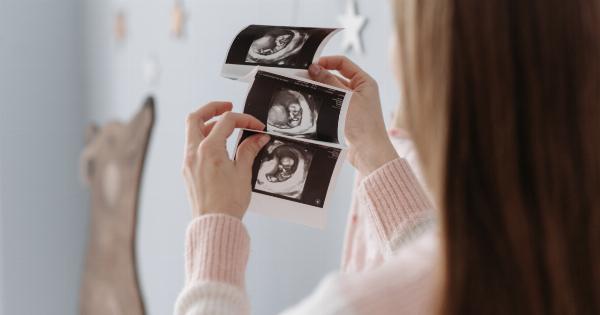Pregnancy is a time of excitement, but it can also be a time of stress. With everything from doctor’s appointments to baby showers, it’s easy to feel overwhelmed.
But, did you know that stress during pregnancy could be linked to early labor? A recent study has revealed a correlation between stress and early labor, which could have far-reaching implications for expectant mothers.
What Is Early Labor?
Early labor is when contractions start before a woman has reached 37 weeks gestation. It is also known as preterm labor. While the causes of early labor are not fully understood, there are a number of factors that are known to increase the risk.
These factors include smoking, infection, and a history of preterm labor.
The Study
The study, which was published in the Journal of Obstetrics and Gynaecology, analyzed data from over 2,000 women who had given birth.
The researchers found that women who reported experiencing high levels of stress during pregnancy were more likely to experience early labor. In particular, women who reported high levels of anxiety were more likely to deliver preterm.
How Stress Affects Pregnancy
It is well known that stress can have a negative impact on our bodies. During pregnancy, stress can affect both the mother and the developing baby. When we experience stress, our bodies release a hormone called cortisol.
In small amounts, cortisol is harmless, but when we experience prolonged periods of stress, cortisol levels can become elevated. This can lead to a range of health problems, including hypertension, diabetes, and depression.
When stress is experienced during pregnancy, it can have additional effects on the developing baby. Studies have shown that high levels of cortisol can affect the developing brain, leading to a range of cognitive and behavioral problems in later life.
Reducing Stress During Pregnancy
Given the potential risks of stress during pregnancy, it is important for expectant mothers to take steps to reduce their stress levels.
One of the most effective ways to do this is through relaxation techniques, such as deep breathing exercises, yoga, and meditation. Exercise is also a great way to reduce stress, as it releases endorphins, which are natural mood-boosters. It is also important for expectant mothers to take care of themselves by eating a healthy diet and getting plenty of rest.
Conclusion
The link between stress and early labor is concerning, but it is important for expectant mothers not to panic. By taking steps to reduce stress and take care of themselves, expectant mothers can reduce their risk of preterm labor.
In addition, healthcare providers can work with expectant mothers to develop a plan to reduce stress and minimize the risk of early delivery.






























